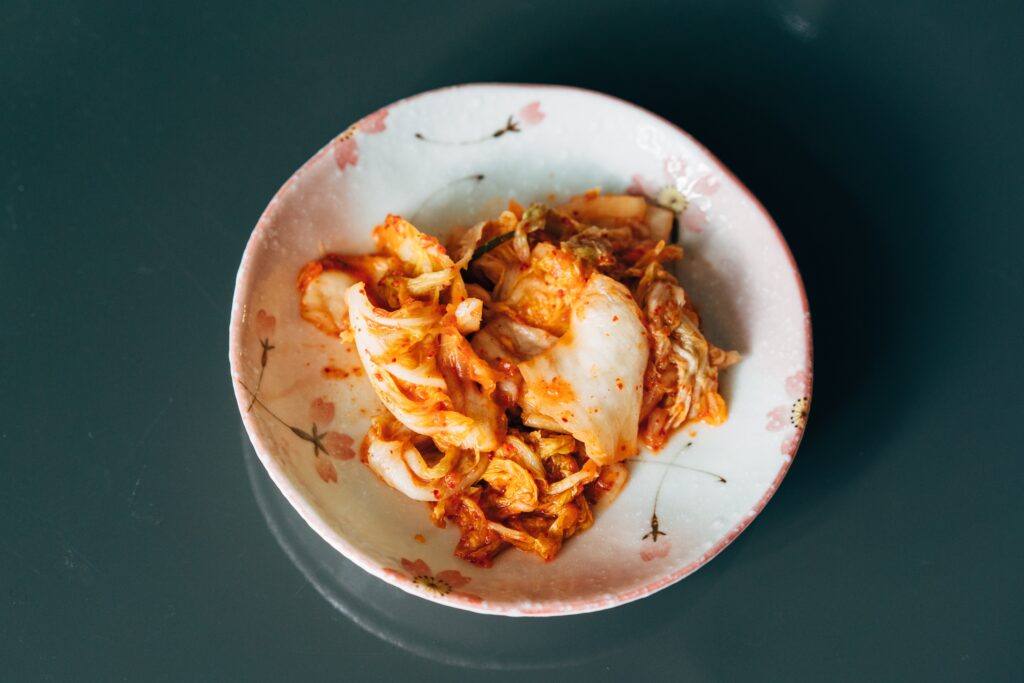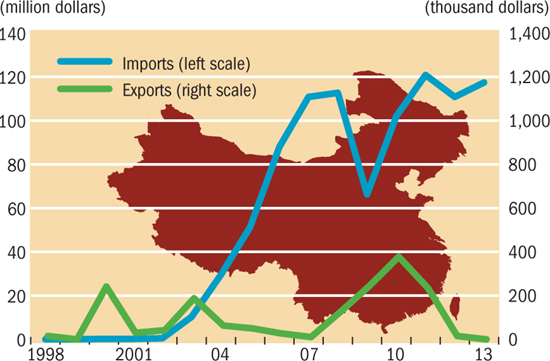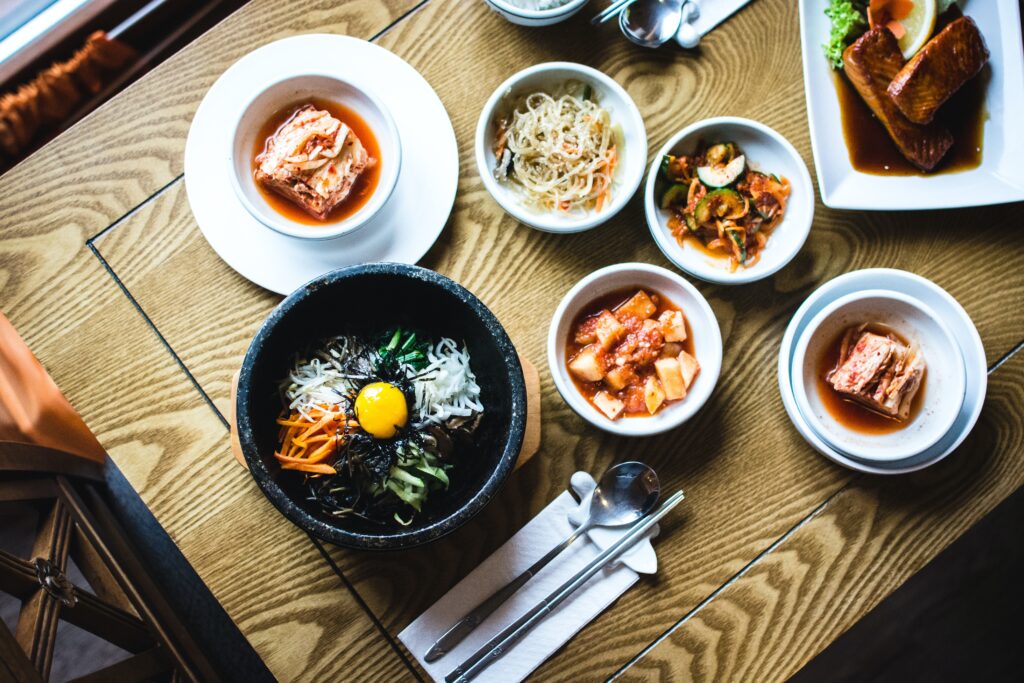Did you know: Why Korea Imports Kimchi from China?
Kimchi, South Korea’s cherished culinary icon, faces a surprising shift with a rising influx of imports from China. Here is a look into the economic, social, and agricultural factors behind this surge, to uncover the reasons driving Korea’s growing dependence on Chinese kimchi imports.
08 August 2023
Share this exclusive content from Saladplate

Photo Credit: Markus Winkler on Unsplash
Kimchi, South Korea’s quintessential fermented vegetable dish, has long been an integral part of the country’s culinary and cultural heritage. However, in recent years, there has been a notable shift in the kimchi landscape, with an increasing amount being imported from China. This unexpected trend has raised eyebrows and generated debates about the factors behind the surge in Chinese kimchi imports. Delving into the factors behind this shift, we explore the economic, social, and agricultural reasons driving Korea’s increasing dependence on Chinese kimchi imports.
China-made kimchi has a cost advantage
One of the primary reasons for the spike in Chinese kimchi imports is the cost advantage it offers over domestically produced kimchi. Back in 2003, South Korea decided to augment its kimchi supplies by importing from China due to the significantly lower production costs in the neighbouring country, according to International Monetary Fund. As a result, Chinese kimchi has grown in popularity, particularly within the catering industry, where cost considerations are paramount, and consumers are often unaware of the origin of the kimchi they are consuming.

Photo caption: Kimchi trade with China, from 1998 to 2013 | Image credit: International Monetary Fund
Trade dynamics at play

A typical Korean meal with kimchi as an accompaniment | Photo Credit: Jakub Kapusnak on Unsplash
Chinese kimchi preferred for reasons beyond cost
Video Caption: Rolling kimchi by hand the traditional way Video Credit: Alex_eg / Envato Elements
Author: Victoria Lim
Victoria Lim is a content writer with a diverse background and her work includes brands such as Capella Hotels and Resorts, Epicure Magazine, HungryGoWhere.com, and Makansutra. Her luxury hospitality, culinary arts, and food journalism expertise have shaped her commitment to sharing stories.



